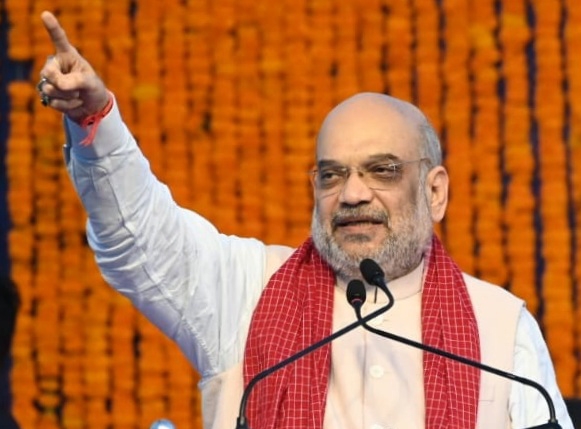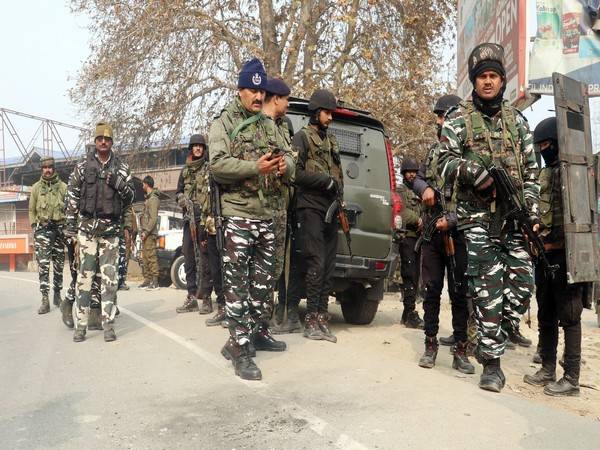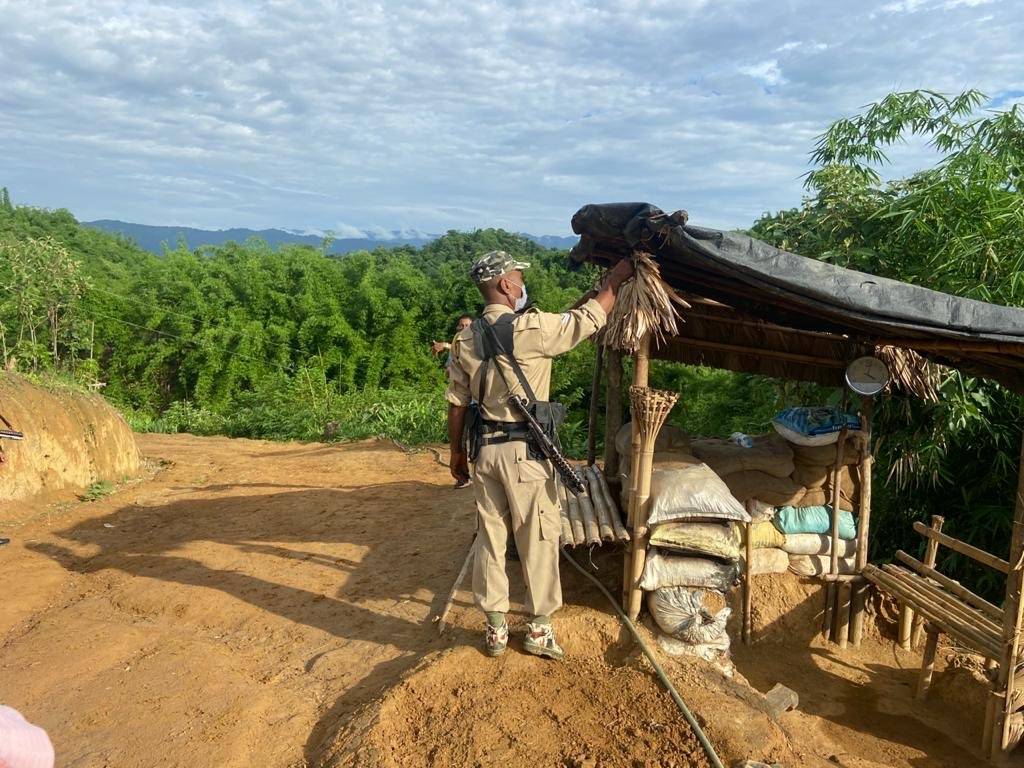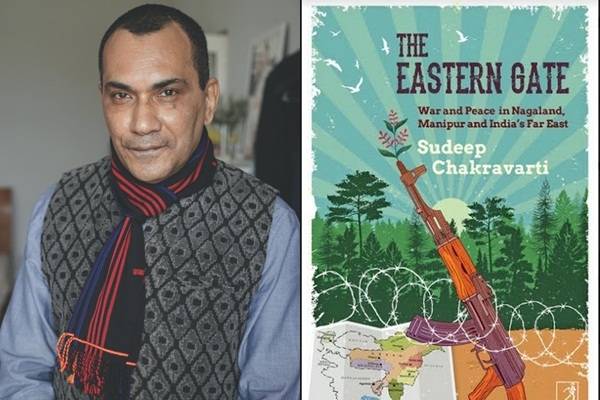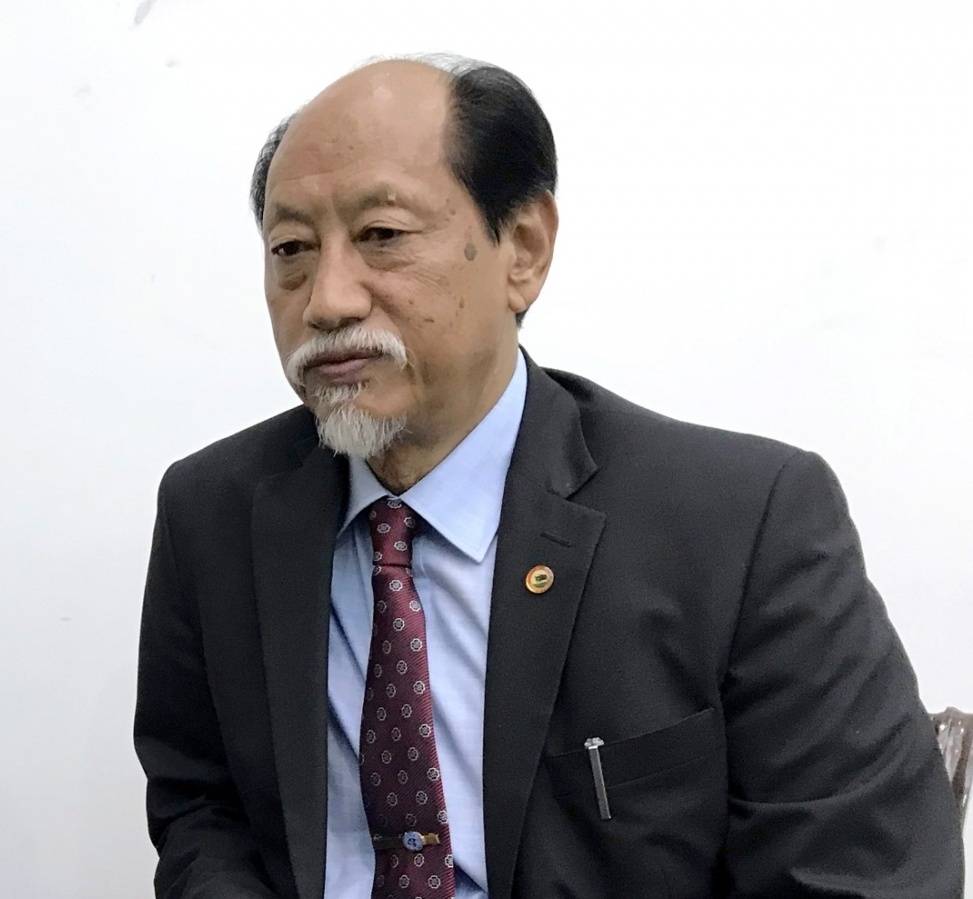Shah says the government has banned 12 organisations for their involvement in terror activities, designated 36 individuals as terrorists…reports Asian Lite News
Ahead of the Lok Sabha election, Union Home Minister Amit Shah said that the central government is considering pulling back some troops from Jammu and Kashmir and leaving law and order to the police.
In an interview with Jammu and Kashmir-based Gulistan News, Shah said the government will leave law and order to the Jammu and Kashmir Police.
“We have plans to pull back troops and leave law and order to the Jammu and Kashmir Police alone. We are strengthening the police, who are at the forefront during the encounter,” Home Minister Amit Shah said.
“The troops will slowly and slowly go to the barracks. Such a design has already been formed. We have made a blue print of seven years,” he added.
The Home Minister also indicated that the government is considering revoking the Armed Forces Special Powers Act in parts of Kashmir.
“We will definitely consider this proposal (revoke the Armed Forces (Special Powers) Act. The situation is being normalised. We are speedily considering this proposal,” he said.
The AFSPA gives armed forces personnel, operating in disturbed areas. An area or district is notified as disturbed under the AFSPA to facilitate the operations of the armed forces.
Reacting to the announcement, PDP Chief Mehbooba Mufti, in a message on social media platform X said, “PDP has consistently demanded the revocation of draconian AFSPA along with a gradual removal of troops. It also formulated an important part of our agenda of alliance, which was wholeheartedly agreed upon by BJP. Der aayee durust aaye”.
Union Home Minister Amit Shah also said that under the garb of Article 370, the youth were “pushed down the path of terrorism” in the erstwhile state of Jammu and Kashmir, which is marching ahead with “peace” since its abrogation nearly five years ago.
“In Jammu and Kashmir, under the garb of Article 370, which was a catalyst for separatist ideology, the youth were pushed down the path of terrorism and were misused by Pakistan,” he said.
On the issues that have emerged around the reservation of SCs, STs and OBCs, Shah said for the first time, the OBCs of J&K have been given reservation by the Modi government and women have been given one-third reservation.
“OBC reservations have been made in the panchayat and the urban local bodies. We have made space for the SCs and the STs. Without reducing the share of the Gujjar and Bakarwals, the Pahadis have been given 10 per cent reservation. And special provisions have been made to accommodate the displaced people from Pakistan-occupied Kashmir,” he said.
The Centre is determined to ensure that these benefits percolate to the grassroots level, he said.
Shah claimed that National Conference (NC) leader Farooq Abdullah and PDP chief Mehbooba Mufti tried their best to create acrimony on these reservations but the people have understood their intentions now.
He asked why the NC did not give reservations to these people in the last over 75 years.
The home minister claimed Abdullah had left for England when terrorism was at its peak. Both Abdullah and Mehbooba have no right to speak about the issue, he added.
“The number of fake encounters that took place during their time has never been matched by any other regime,” he said.
Shah said in the last five years, not a single fake encounter has taken place. Rather, FIRs have been lodged against the people involved in fake encounters, he added.
“We will have a dialogue with the youths of Kashmir and not with the organisations that have roots in Pakistan. They are responsible for the deaths of 40,000 youths,” he said.
He said the Modi government has banned 12 organisations for their involvement in terror activities, designated 36 individuals as terrorists, registered more than 22 cases to stop terror financing and seized properties worth Rs 150 crore.
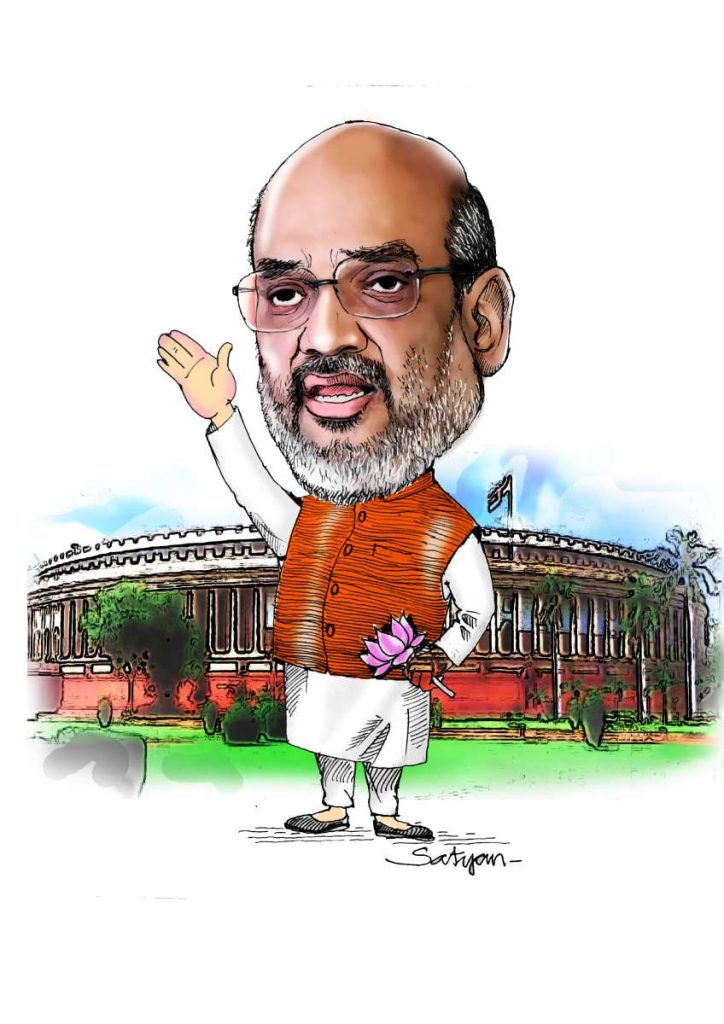
As many as 90 properties were also attached and 134 bank accounts have been frozen, he said.
“We have enshrined peace, and peace cannot be bought. Whoever wants to have a dialogue has to do so within the ambit of the Constitution,” he said.
Shah said the Hurriyat Conference has no place in the process of dialogue. He also made it clear that the BJP and the entire Parliament believe that the POK is an integral part of India.
“The Muslim brothers are also Indians and the Hindu brothers living in POK are also Indians and the land which has been illegally occupied by Pakistan also belongs to India. It is the goal of every Indian, every Kashmiri to get it back,” he said.
The home minister said in 2010, there were 2564 incidents of stone-pelting, which now is zero. From 2004 to 2014, there were 7217 terror incidents. That has reduced to 2227 from 2014 to 2023, and this is almost a 70 per cent reduction, he said.
Shah said the total number of deaths from 2004 to 2014 was 2829 and it has come down to 915 during 2014-23, which is a 68 per cent decrease.
The deaths of civilians were 1770 and has decreased to 341, which is an 81 per cent drop. The deaths of security forces decreased from 1060 to 574, which is a 46 per cent decrease, he said.
ALSO READ-AFSPA extended in 9 Nagaland districts
